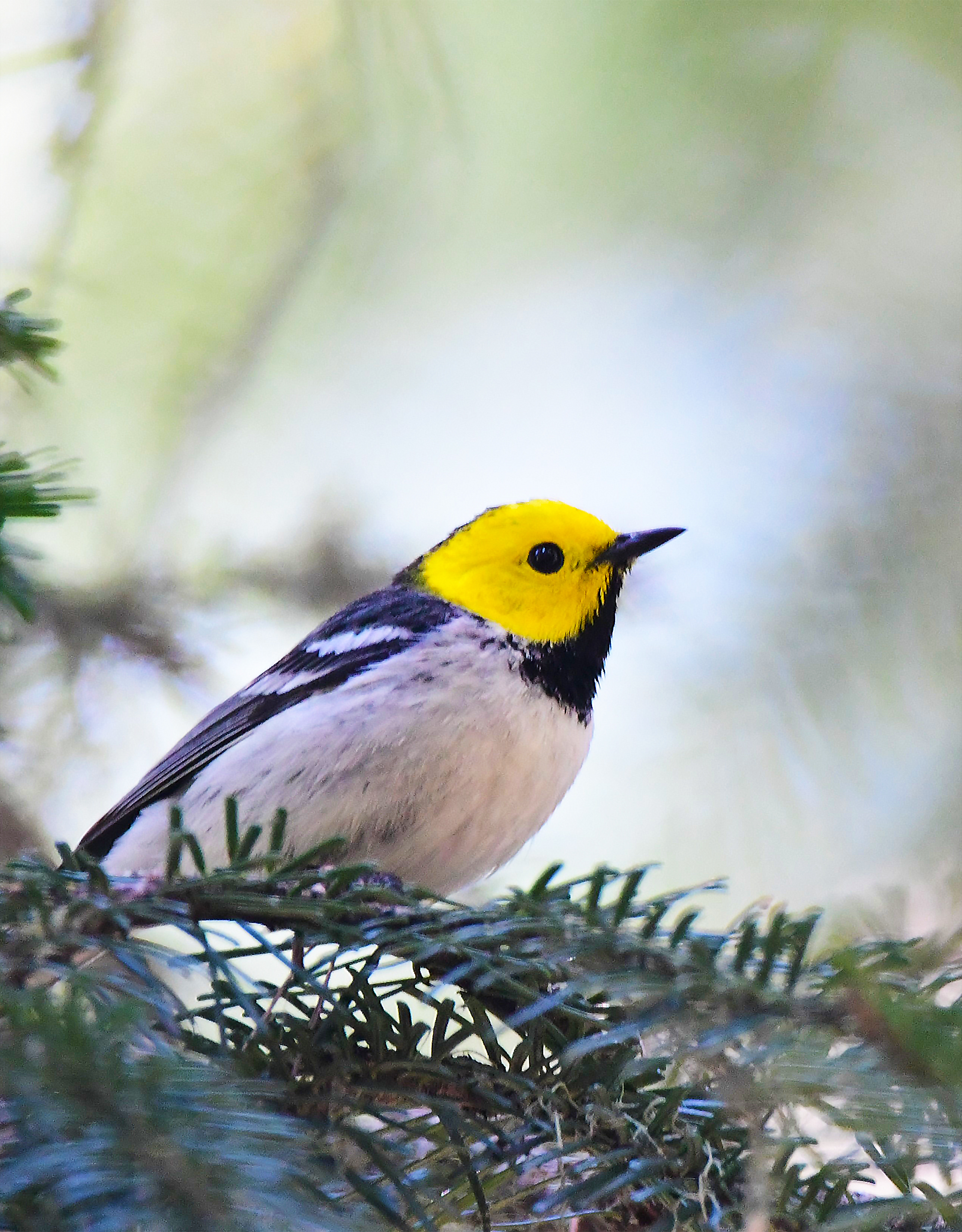Findings from a recent study indicate that old-growth forests may provide thermal refugia for species that are sensitive to climate change effects. The compositional diversity and microclimatic conditions of old-growth forests may provide resources and conditions that are less available in simple second-growth forest stands under global warming. The authors conclude that "Conservation of old-growth forests, or their characteristics in managed forests, could help slow the negative effects of climate warming on some breeding bird populations via microclimate buffering and possibly insurance effects."
The research is featured in an EcoWatch article and in a radio interview on Jefferson Public Radio.
Full article: "Forest microclimate and composition mediate long-term trends of breeding bird populations" in Global Change Biology, Hankyu Kim, Brenda C. McComb, Sarah J. K. Frey, David M. Bell, Matthew G. Betts

